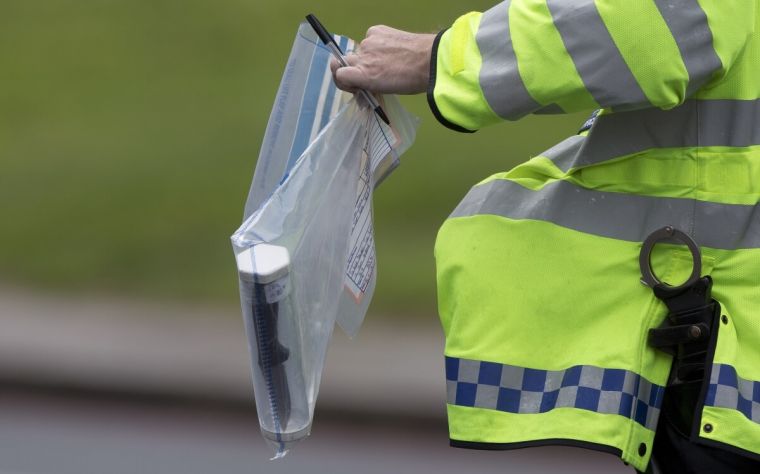'One part suffers, every part suffers': The church and the UK's knife crime
There are certain parts of the UK where there is an increasing risk of being unlawfully killed. Sadly, the most dangerous place remains within the family home, where babies under one are more than twice as likely to be murdered as a 20-year-old (of course the most dangerous place of all, for what is now classified as lawful everywhere in the UK except Northern Ireland, is within the mother's womb).
But there is another place which has emerged in recent months as a place of increased risk: the streets of our metropolitan cities. Police recordings of knife crimes across England and Wales last year rose by 22 per cent, with London particularly facing a surge with over 37 people stabbed to death since the beginning of 2018. At one stage this year, 10 people a day were being treated in hospital for the effects of knife crime. Over the last few months, I have engaged in so many conversations, read so many articles and heard so many news reports attempting to analyse what is going on.

What has become absolutely clear is that there is no easy solution. For some, the answer is more police on the streets with more powers to stop and search. For others, this is a public health emergency and should be treated as a mental health epidemic. Others identify the long-term impact of poverty and family breakdown, with groups of young men finding themselves outside of mainstream society and finding an alternative within a violent gang culture and related drug enterprises.
While it's clear to all concerned there is no easy answer, it's been amazing to see Christian leaders engaging with this issue and being drawn into consultations with the police and local and national government. There is a recognition among these agencies that in many parts of our cities it is the church that is the most single most influential instrument to social cohesion and indeed has the ear to the ground of what's really going on in some of our communities.
As I joined a prayer walk of thousands through the streets of London a few weeks ago, I was struck by the churches' commitment – and I should say particularly the ethnic minority churches – to see this issue addressed. I also began to realise that within our churches there are those experiencing first-hand the impact of this crisis: family members, neighbours and church members have been seriously injured or indeed have died. These events are more than simply another news report, they have come to the homes of our brothers and sisters in Christ.
So, I am challenged, wherever I might live across the UK, the words of the apostle Paul to the Corinthian church ring loud and clear: 'so there should be no division in the body, but that it's parts should have equal concern for each other. If one part suffers, every part suffers with it' (1 Corinthians 12:25). There are parts of the church in the UK who are actively engaging to see change in their communities, but are also suffering, in some cases living in fear for their sons and daughters, friends and neighbours. So, when we hear the news reports of another stabbing or shooting, let's identify with the pain and loss and let's pray. And if there are calls for corporate prayer, let's all be prepared to turn out and stand together across all backgrounds and traditions of the church.
Steve Clifford is the general director of the Evangelical Alliance.











